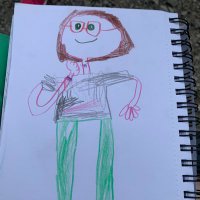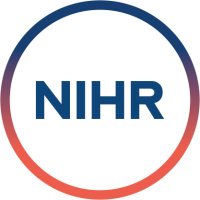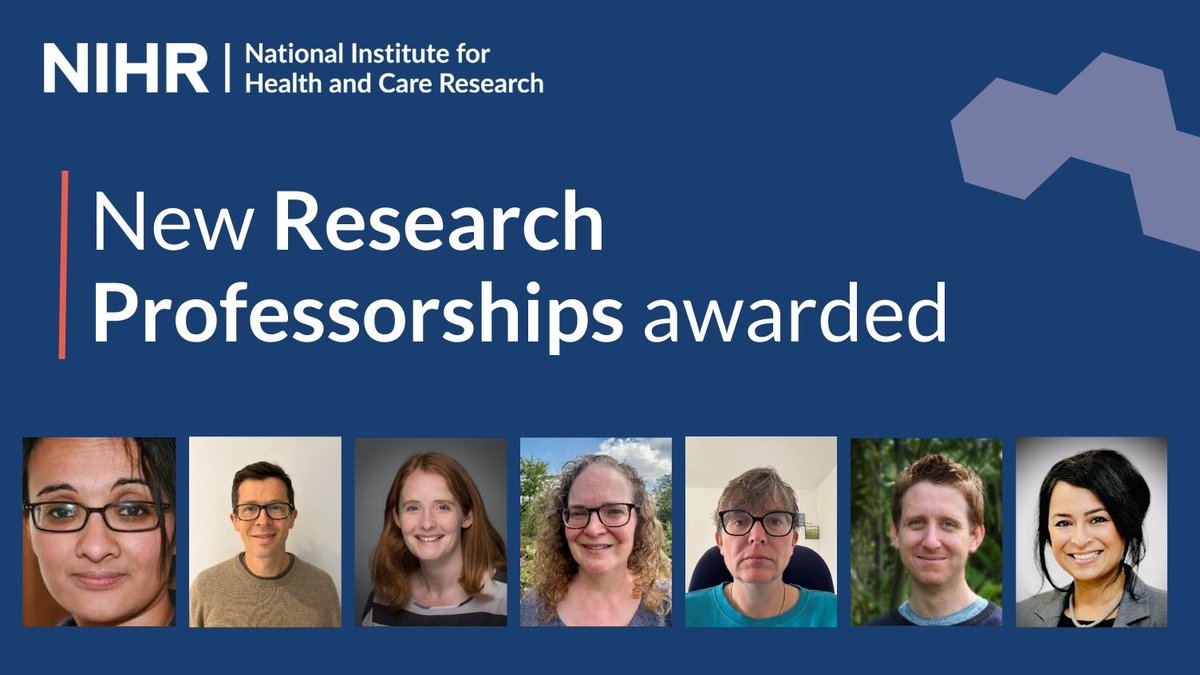
Lorna Fraser
@lornafraser10
Professor of Palliative Care and Child Health at Kings College London
ID: 4110051651
04-11-2015 06:33:39
6,6K Tweet
1,1K Followers
1,1K Following


So enormously proud that Lorna Fraser has been announced in the new round of National Institute for Health and Care Research professors. Great for children’s palliative. Delighted to host this prestigious award at the Cicely Saunders Institute at King's within Nursing, Midwifery & Palliative Care at King's 💙 nihr.ac.uk/news/7-researc…




Evidence from my colleague Lorna Fraser on how the Terminally Ill Adults Bill will affect children and children’s services, and the need for children to be considered in impact assessments publications.parliament.uk/pa/cm5901/cmpu…

Thanks Prof Katherine Sleeman . I am now even more concerned about the impact on children given that professionals will be able to speak to children about assisted dying before they are 18. Together for Short Lives RCPCH


“If the purpose of safeguarding is to ensure that no one who might otherwise want to live is ‘assisted’ to die, then palliative care is an essential safeguard.” By me in The House magazine 👇

Because We Care: Recommendations from siblings of children with life-limiting conditions Annabel Howell becausewecareproject.com

The needs of children whose siblings have life-limiting conditions have been highlighted in a study by King's College London and the University of Strathclyde. Read more: ow.ly/RcXz50VGYgF Cicely Saunders Institute at King's










